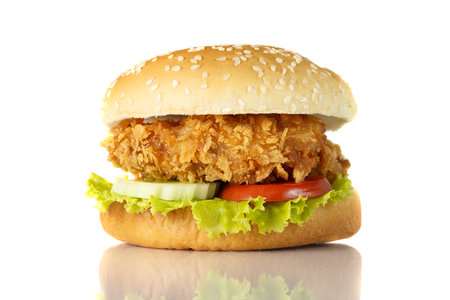Tim Hortons and Burger King are two of many chains making the switch
By Jennifer Jackson
Tim Hortons and Burger King are planning to source meat from chickens raised without the use of antibiotics “critically important” to human medicine, according to Reuters.
Restaurant Brands International (RBI), parent company to the two chains, states on its website that the product switch will be made due to an emphasis on human health.
“We believe that it is important to reduce the use of antibiotics important for human medicine in order to preserve the effectiveness of antibiotics in both veterinary and human medicine,” RBI’s website states. “We aim to eliminate the use of antibiotics deemed by the World Health Organization as ‘critically important’ to human medicine from our chicken supply chain in the United States in 2017 and in Canada in 2018.”
This movement to go antibiotic free is seen with other large fast-food companies. Wendy’s Co., for example, stated they will stop sourcing antibiotic-raised chicken in 2017, according to Reuters.

narokzaad/iStock/GettyImagesPlus
But, of course, antibiotics are also important for animal health. How does this factor into purchasing and production decisions?
“We recognize that antibiotics play an important and delicate role in animal wellbeing and human health. Antibiotics are sometimes required to control and treat disease to maintain animal health and welfare,” says the RBI website. “We require our suppliers to purchase products only from farmers that administer antibiotics in a judicious and responsible manner when treatment is necessary, in keeping with veterinary and regulatory requirements.”
The Chicken Farmers of Canada (CFC) has previously stated similar recommendations of limiting excessive use of antibiotics, while recognizing producers need effective treatment options.
The CFC “supports the responsible use of antibiotics in both animal and human medicine,” according to its website. “To ensure responsible usage, and to preserve effective treatment options, the industry is monitoring and reducing its antibiotic use. In addition, a focus has been placed on researching alternative products that will provide even greater possibilities for future reductions.”
Farms.com has reached out to the Chicken Farmers of Ontario for comment on the impact of the changing fast food restaurant preferences on producers.